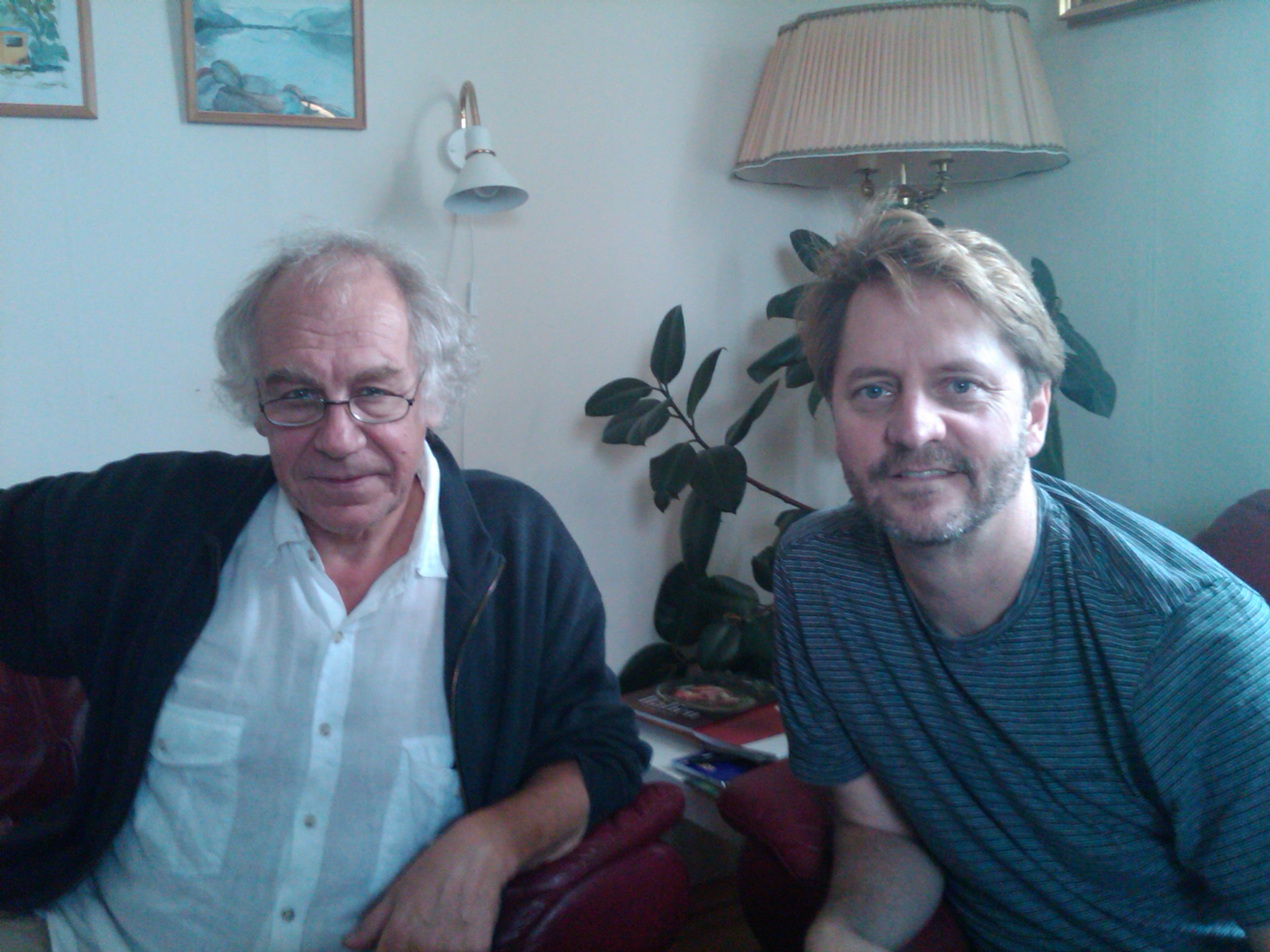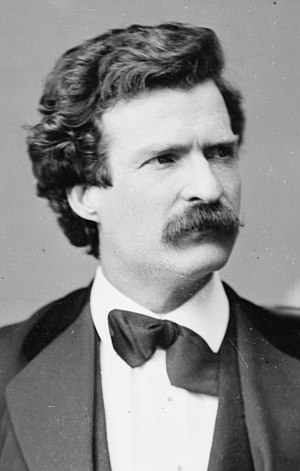If you’ve been following me on Twitter, then you know that last week I was touring and teaching in different spots around Europe. First, I presented two days in Copenhagen. Then I keynoted the British Association of Counseling and Psychotherapy Conference in Newcastle, England. Early Saturday morning, I flew from London to Stockholm. My long time friend and associate, Gunnar Lindfelt picked me up at Arlanda airport and drove me back to his lovely home in the city. There, we gorged on smoked salmon, “svensk godies” (small candies, my favorite of which is “skum bananer”–dark chocolate covered marshmellow in the shape of a banana) and Cider–a non-alcoholic fizzy apple drink that is an old time Swedish favorite.
It was Gunnar Lindfeldt, a gifted clinician and expert in the treatment of drug and alcohol problems, who first introduced me to the work of Swedish psychologist Jan Blomqvist. In 1998, Blomqvist published a book entitled, “Beyond Treatment? Widening the Approach to Alcohol Problems and Solutions“ in which he made the provocative argument that common rather than specific factors held the key to effective care. Since writing the book, Jan Blomqvist has continued his research and is currently a full professor at SORAD, the Centre for Social Research on Alcohol and Drugs at Stockholm University.
Anyway, I had the pleasure of meeting with Professor Blomqvist at his home in Uppsala, Sweden this last week. Over homemade spinach soup, freshly-baked bread and cheese, we chatted about the state of the field. The pièce de résistance, however, was hearing about the 2.9 million Swedish crown grant he had just been awarded for a 4 year long study of outcome-informed treatment of alcohol problems, called “Putting the Client in the Driver’s Seat.”

The study to be conducted by Professor Blomqvist will be the largest, most comprehensive, randomized clinical trial on client-directed outcome informed clinical work. A centerpience of the study will be the routine use of the ORS and SRS and provision of feedback in the delivery of treatment services. Importantly, unlike all other studies to date, this project completely avoids claims of “allegiance effects” as no developers of measures or supporters of CDOI are participating. Stay tuned to the “Top Performance” blog for additional updates! While you are waiting, take a moment and read Professor Blomqvist’s provocative take on “addiction” in slide viewer below.

